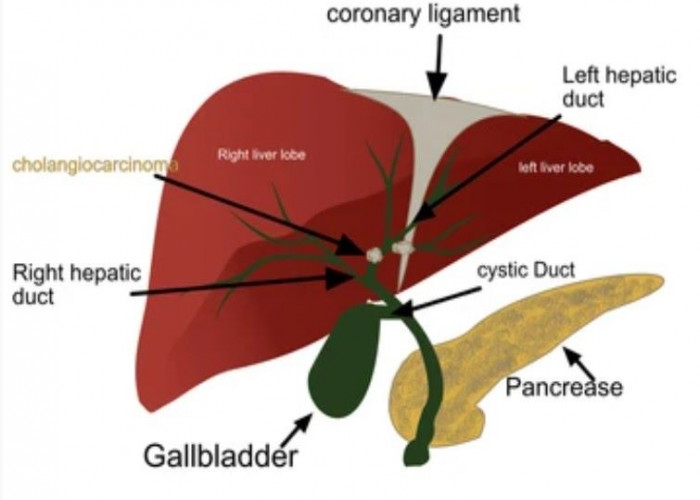 Welcome
Welcome
“May all be happy, may all be healed, may all be at peace and may no one ever suffer."
Cholangiocarcinoma (bile duct cancer)
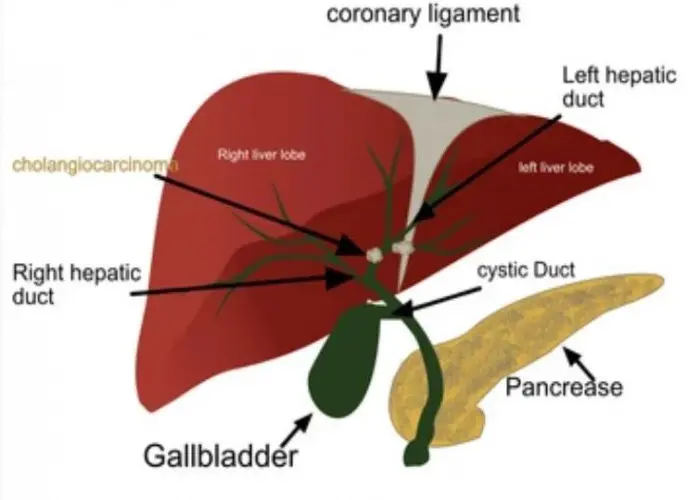
Cholangiocarcinoma, also known as bile duct cancer, is a rare and aggressive cancer that develops in the cells of the bile ducts, which are tubes that transport bile from the liver to the small intestine. Cholangiocarcinoma can cause a variety of symptoms, including abdominal pain, jaundice, fever, fatigue, and unexplained weight loss. The cause of cholangiocarcinoma is not well understood, but it is thought to be linked to chronic inflammation of the bile ducts, as well as exposure to certain environmental toxins and infections. Treatment options for cholangiocarcinoma depend on the stage and location of the cancer, but may include surgery, radiation therapy, chemotherapy, and targeted therapy. Prognosis for cholangiocarcinoma can be poor, particularly for advanced-stage cancers.
Research Papers
Disease Signs and Symptoms
- Yellow skin
- Night sweats
- Fever
- Weight loss
- Abdomen pain
- Fatigue (Tiredness)
- White colored stools
- Itching
- Yellowing of skin and eyes (jaundice)
- Dark urine color
Disease Causes
Cholangiocarcinoma (bile duct cancer)
Cholangiocarcinoma happens when cells in the bile ducts develop changes in their DNA. A cell's DNA contains the instructions that tell a cell what to do. The changes tell the cells to multiply out of control and form a mass of cells (tumor) that can invade and destroy healthy body tissue. It's not clear what causes the changes that lead to cholangiocarcinoma.
Disease Prevents
Cholangiocarcinoma (bile duct cancer)
To reduce your risk of cholangiocarcinoma, you can:
- Stop smoking. Smoking is linked to an increased risk of cholangiocarcinoma. If you smoke, stop. If you have tried quitting in the past and haven't been successful, talk with your doctor about strategies to help you quit.
- Reduce your risk of liver disease. Chronic liver disease is associated with an increased risk of cholangiocarcinoma. Some causes of liver disease can't be prevented, but others can. Do what you can to take care of your liver.
- For instance, to reduce your risk of liver inflammation (cirrhosis), drink alcohol in moderation, if you choose to drink. For healthy adults, that means up to one drink a day for women and up to two drinks a day for men. Maintain a healthy weight. When working with chemicals, follow the safety instructions.
Disease Treatments
Treatments for cholangiocarcinoma (bile duct cancer) may include:
- Surgery. When possible, surgeons try to remove as much of the cancer as they can. For very small bile duct cancers, this involves removing part of the bile duct and joining the cut ends. For more-advanced bile duct cancers, nearby liver tissue, pancreas tissue or lymph nodes may be removed as well.
- Liver transplant. Surgery to remove your liver and replace it with one from a donor (liver transplant) may be an option in certain situations for people with hilar cholangiocarcinoma. For many, a liver transplant can be a cure for hilar cholangiocarcinoma, but there is a risk that the cancer will recur after a liver transplant.
- Chemotherapy. Chemotherapy uses drugs to kill cancer cells. Chemotherapy may be used before a liver transplant. It may also be an option for people with advanced cholangiocarcinoma to help slow the disease and relieve signs and symptoms. Chemotherapy drugs can be infused into a vein so that they travel throughout the body. Or the drugs can be administered in a way so that they are delivered directly to the cancer cells.
- Radiation therapy. Radiation therapy uses high-powered energy beams from sources such as X-rays and protons to kill cancer cells. Radiation therapy can involve a machine that directs radiation beams at your body (external beam radiation). Or it can involve placing radioactive material inside your body near the site of your cancer (brachytherapy).
- Targeted drug therapy. Targeted drug treatments focus on specific abnormalities present within cancer cells. By blocking these abnormalities, targeted drug treatments can cause cancer cells to die. Your doctor may test your cancer cells to see if targeted therapy may be effective against your cholangiocarcinoma.
- Immunotherapy. Immunotherapy uses your immune system to fight cancer. Your body's disease-fighting immune system may not attack your cancer because the cancer cells produce proteins that help them hide from the immune system cells. Immunotherapy works by interfering with that process. For cholangiocarcinoma, immunotherapy might be an option for advanced cancer when other treatments haven't helped.
- Heating cancer cells. Radiofrequency ablation uses electric current to heat and destroy cancer cells. Using an imaging test as a guide, such as ultrasound, the doctor inserts one or more thin needles into small incisions in your abdomen. When the needles reach the cancer, they're heated with an electric current, destroying the cancer cells.
- Photodynamic therapy. In photodynamic therapy, a light-sensitive chemical is injected into a vein and accumulates in the fast-growing cancer cells. Laser light directed at the cancer causes a chemical reaction in the cancer cells, killing them. You'll typically need multiple treatments. Photodynamic therapy can help relieve your signs and symptoms, and it may also slow cancer growth. You'll need to avoid sun exposure after treatments.
- Biliary drainage. Biliary drainage is a procedure to restore the flow of bile. It might involve placing a thin tube into the bile duct in order to drain the bile. Other strategies include bypass surgery to reroute the bile around the cancer and stents to hold open a bile duct being collapsed by cancer. Biliary drainage helps relieve signs and symptoms of cholangiocarcinoma.
Because cholangiocarcinoma is a very difficult type of cancer to treat, don't hesitate to ask about your doctor's experience with treating the condition. If you have any doubts, get a second opinion.
Clinical trials
Clinical trials are studies to test new treatments, such as new drugs and new approaches to surgery. If the treatment being studied proves to be safer and more effective than are current treatments, it can become the new standard of care.
Clinical trials can't guarantee a cure, and they might have serious or unexpected side effects. On the other hand, cancer clinical trials are closely monitored to ensure they're conducted as safely as possible. They offer access to treatments that wouldn't otherwise be available to you.
Talk to your doctor about what clinical trials might be appropriate for you.
Supportive (palliative) care
Palliative care is specialized medical care that focuses on providing relief from pain and other symptoms of a serious illness. Palliative care specialists work with you, your family and your other doctors to provide an extra layer of support that complements your ongoing care. Palliative care can be used while undergoing aggressive treatments, such as surgery.
When palliative care is used along with other appropriate treatments — even soon after your diagnosis — people with cancer may feel better and may live longer.
Palliative care is provided by teams of doctors, nurses and other specially trained professionals. These teams aim to improve the quality of life for people with cancer and their families. Palliative care is not the same as hospice care or end-of-life care.
Disease Diagnoses
Disease Allopathic Generics
Disease Ayurvedic Generics
Disease Homeopathic Generics
Disease yoga
Cholangiocarcinoma (bile duct cancer) and Learn More about Diseases
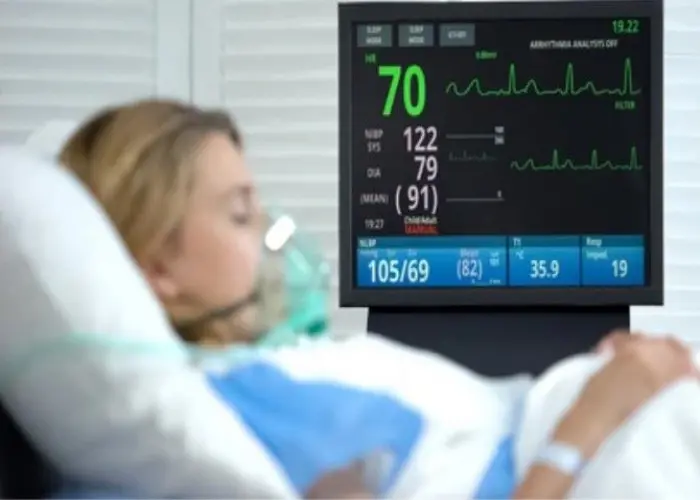
Coma

Whiplash
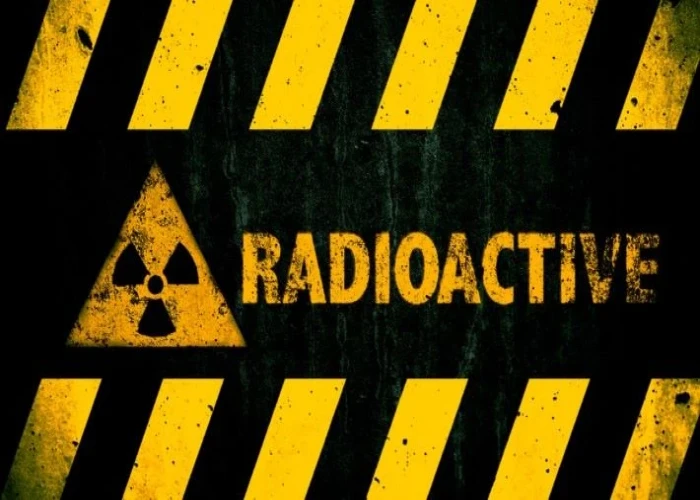
Radiation enteritis
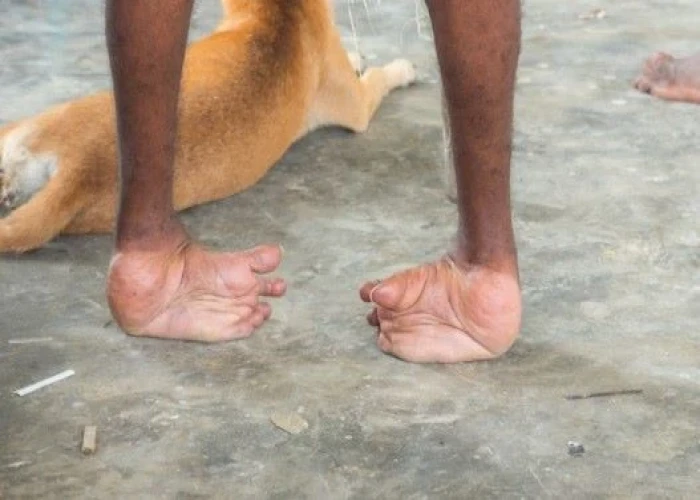
Post-polio syndrome
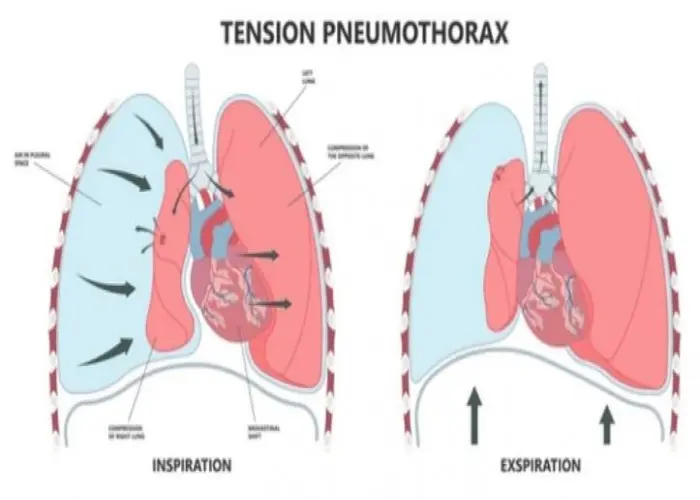
Atelectasis
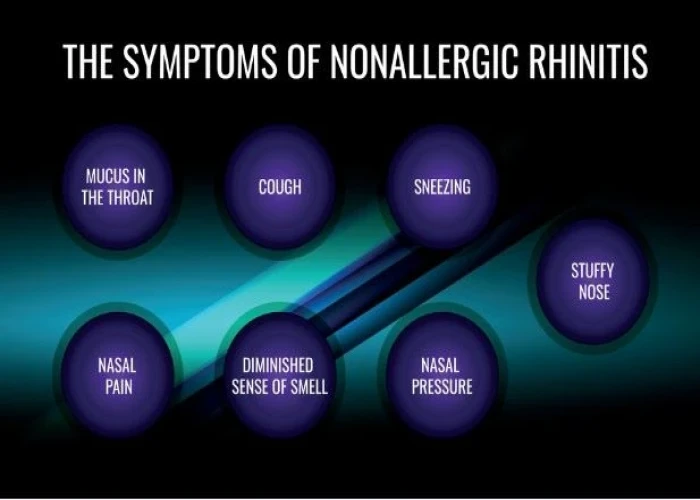
Nonallergic rhinitis

Colic

Atypical hyperplasia of the breast
Cholangiocarcinoma, Bile duct cancer, Klatskin's tumor, কোলাঙ্গিওকার্সিনোমা, পিত্ত নালী ক্যান্সার
To be happy, beautiful, healthy, wealthy, hale and long-lived stay with DM3S.
